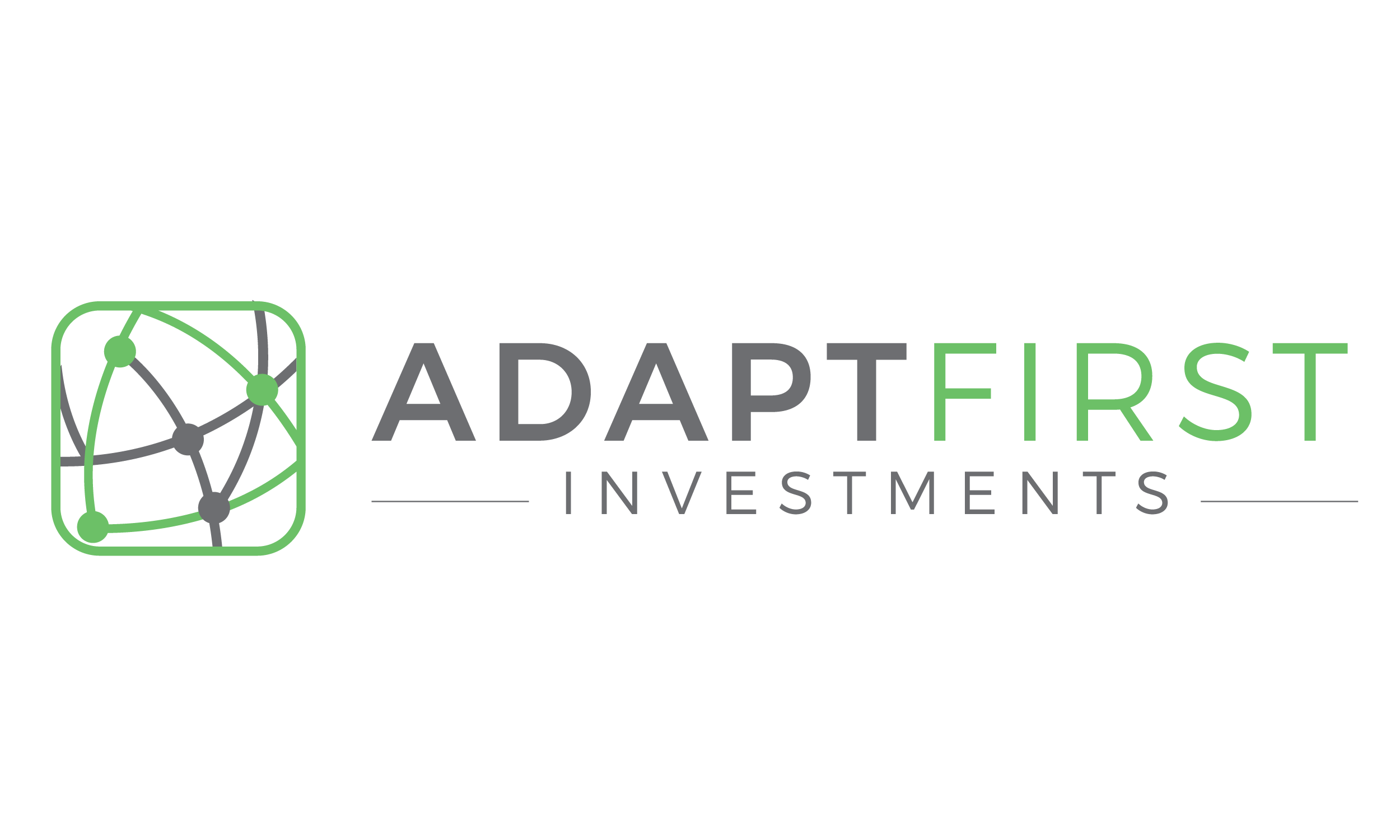The next stock market crash - how could it happen?
It’s often in hindsight that we look back and see the warning signs that preceded a calamity of some sort. The problem is, we dismiss or rationalize the red flags and subsequently fail to act to prevent the impending doom.
Sometimes it is easier to identify a bad outcome beforehand because it is relative to the situation and number of inputs. For example, if a student decides not to study for an upcoming exam, it is pretty easy to identify why he got an “F”. The stock market is a little more complicated given its structure and complexity.
Most people completely missed warning signs of the future stock market crash in 2006 and 2007. Of course, the seeds of the crash had been growing for a while even before, but the bubble was growing ever closer to popping in those last years. Michael Burry is a hedge fund manager who was able to not only spot the bubble, but also profit handsomely from the burst. His story is detailed in the movie “The Big Short” which is a must watch for anyone with $1 to invest. Did Burry get lucky? Maybe. But to have called the crash at all suggests observation and analytical skills beyond most people’s capabilities. Therefore, it is worth listening if he has something to say.
Burry said recently in an interview with Bloomberg that passive investing (in vehicles such as index funds and ETFs) are distorting prices and creating an asset bubble. [Click here for Bloomberg article on Burry"] I won’t go into the details, see the article for the specifics. The more I think about what he said, the more spot on I think he is. And here is the scary part - I mentioned this article to a guy who is an ETF wholesaler. He completely dismissed Burry and started rambling on about how it was really the index funds and not ETFs that were the problem. As I was listening, I realized this guy had no idea what he was talking about, and he is selling one of the products in question. If that guy doesn’t even understand what Burry is talking about, I would argue most other people aren’t seeing it either, just like 2007.
But I do understand what Burry is talking about, and I’ve seen liquidity issues with investments first hand, and Burry is right - it doesn’t end well. When a stock goes into free fall (for whatever reason), buyers vanish rapidly and there is no one to sell to. With the TRILLIONS linked to passive funds, the selling pressure will be overwhelming. Complicating the matter even more is the amount of algorithm trading in today’s markets. As much as 80% of daily volume is attributed to automated computer trading. Therefore, when things start to go south, the triggers flip and the selling becomes indiscriminate by the computer. The evidence of this is pretty visible in the speed of declines in recent years. Sentiment can turn quickly and harshly (ex. 4th quarter 2018).
The question is - what will the catalyst be? Burry doesn’t know, and neither do I. I honestly don’t think it will be the trade war or even a global slowdown, although these issues have the event to cause significant short-term declines. My best guess is that it will be the realization by investors that monetary policy is no longer effective to prop up the markets, specifically U.S. markets. Japan was the first and now we see it in Europe. I think it will spread to the U.S. given the structural demographic challenges.
When investors realize the Fed is no longer the market savior, the market will crash hard.
Sources: Bloomberg, CNBC
